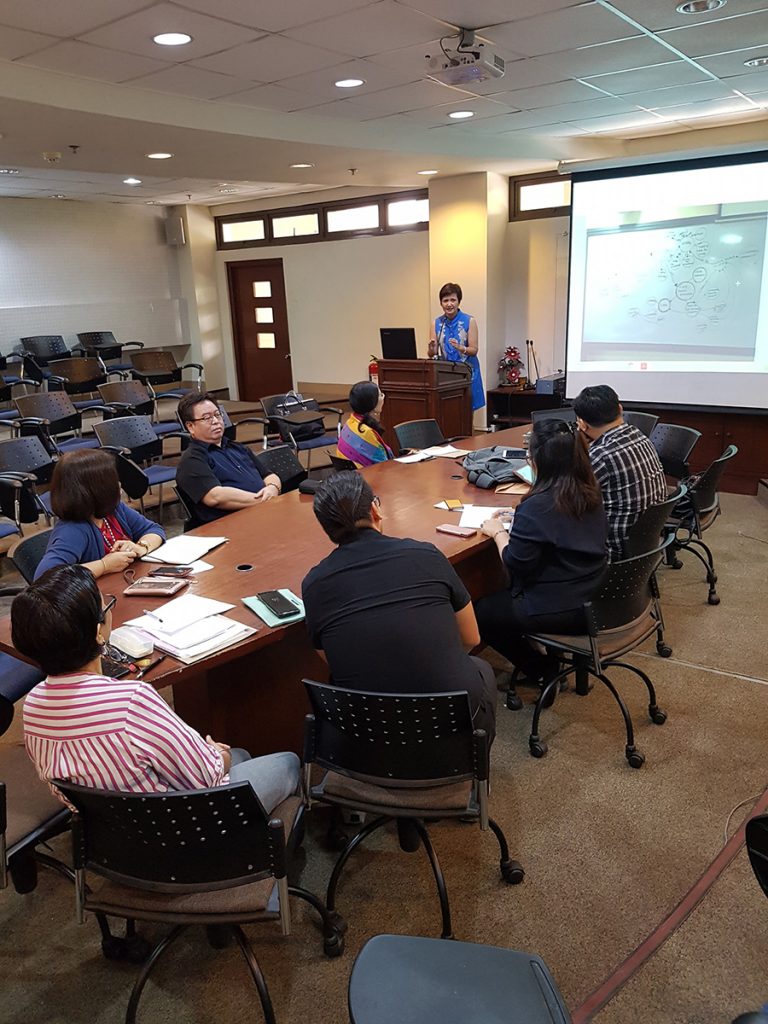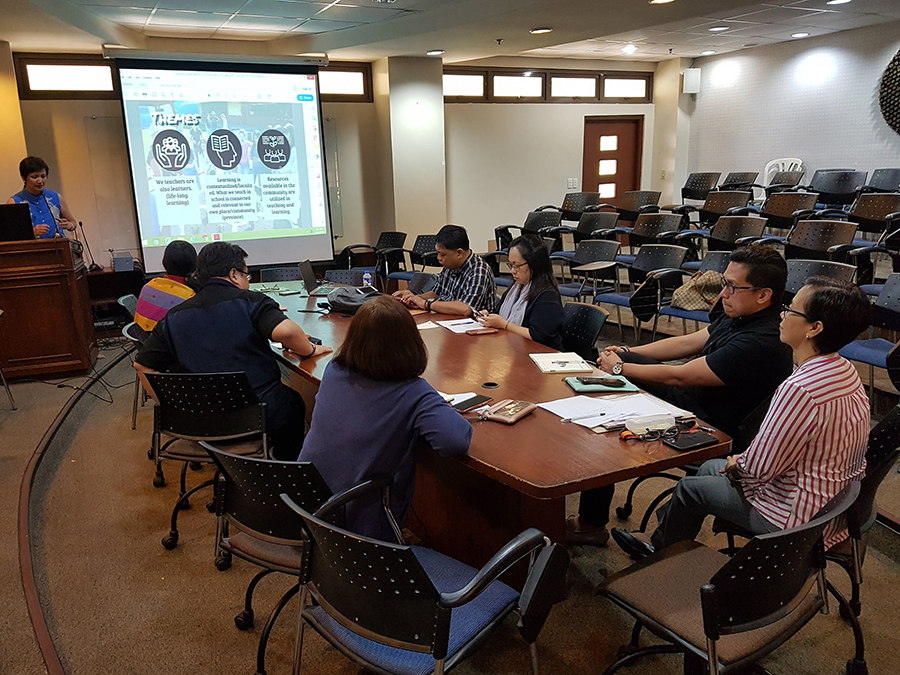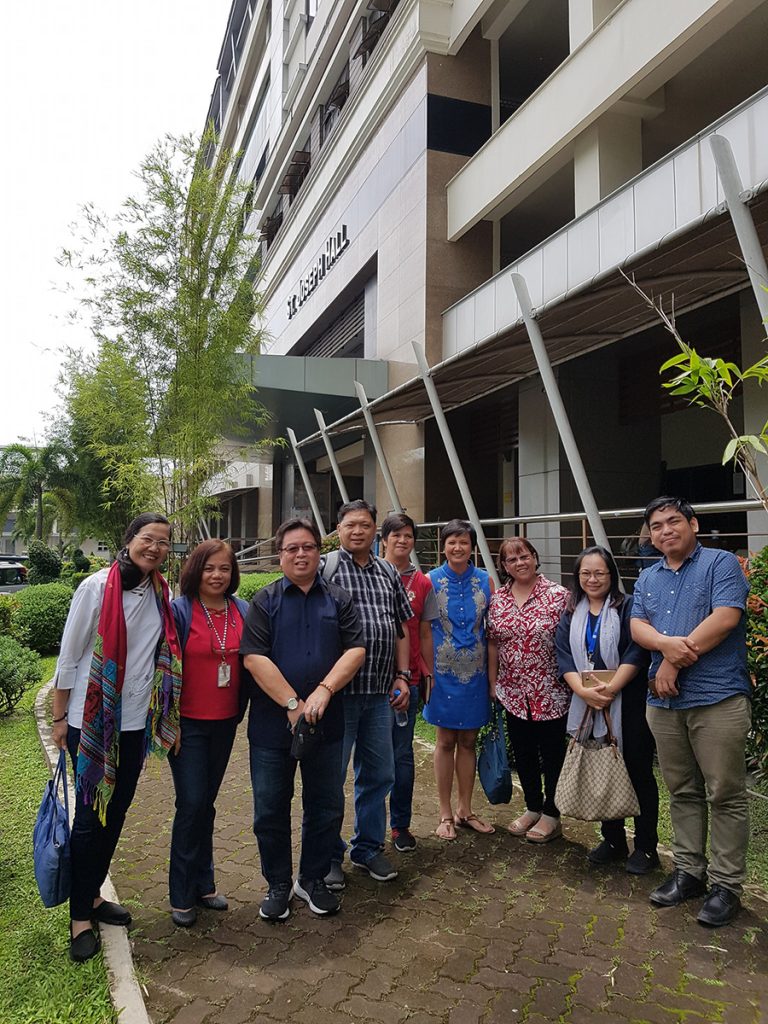The Holy Angel University (HAU), in coordination with the UNESCO-Asia Pacific Network for International Education and Values Education (APNIEVE) Philippines, is launching a program that seeks to address climate change by integrating values into the personal lifestyles of today’s Filipino.
The key word is Ecological Literacy, which holds a central role in improving the environment, by reducing waste production, and advocating a shift in mindset.

HAU and UNESCO-APNIEVE seek to accomplish this by partnering with public schools.
Pilot testing in schools
The group sought to influence more learning communities by directly engaging the different Schools Divisions in Central Luzon, starting with those based in Pampanga.

Among those targeted for the initial launch are the Schools Divisions of Angeles City, City of San Fernando and Mabalacat City.
APNIEVE has expressed support for eco-literate programs through training, benchmarking and service-learning in schools.

This includes engagement of different sector, and the sharing of best practices on sustainable development in HAU, Miriam College and other UNESCO-APNIEVE member institutions
“We can start in our own little ways, by going micro,” said Dr. Alma Natividad, Dean of the HAU College of Education.
Being eco-literate
Globalization has made today’s people highly consumeristic and heavily dependent on digital technology, in effect losing appreciation of nature and its processes.
According to Dr. Rhoda Santillan-Tayag, project proponent, to have an eco-literate lifestyle is a step to reducing the world’s issues.
“The problems of the world today are systemic, what we wear, what to eat, thus the need to be practical and minimalistic,” Tayag explained. “When we become eco-literate, we become more responsive to the conditions of our environment.”
Go meatless
Tayag also suggested the promotion of “meatless days” as a means to address climate change.
“There is a link between meals, deforestation and global warming. Changing our diet can help fight climate change,” Tayag shared.
According to a United Nations report, the cattle industry contributed 7.5 Billion metric tons of Carbon Dioxide into the atmosphere annually.
“To understand one’s place is to understand one’s self,” said Tayag. “And to reduce meat consumption is a big step towards realizing this.”
According to Dr. Lourdes Quisumbing-Baybay, Eco literacy is among the priority goals for UNESCO-APNIEVE to achieve as it is aligned with Education for Sustainable Development, “It (Eco literacy) is also an important component for citizenship education in all sectors,” noted Baybay, president of UNESCO-APNIEVE Philippines.
— Rex Arcadio R.San Diego II • Photos byMaria Lourdes Quisumbing-Baybay